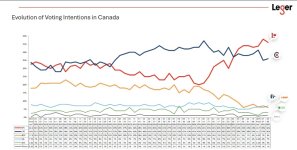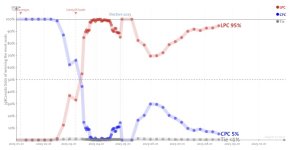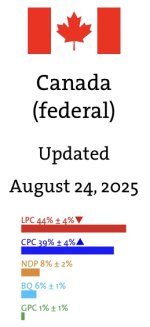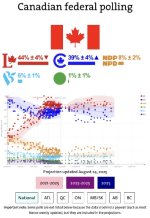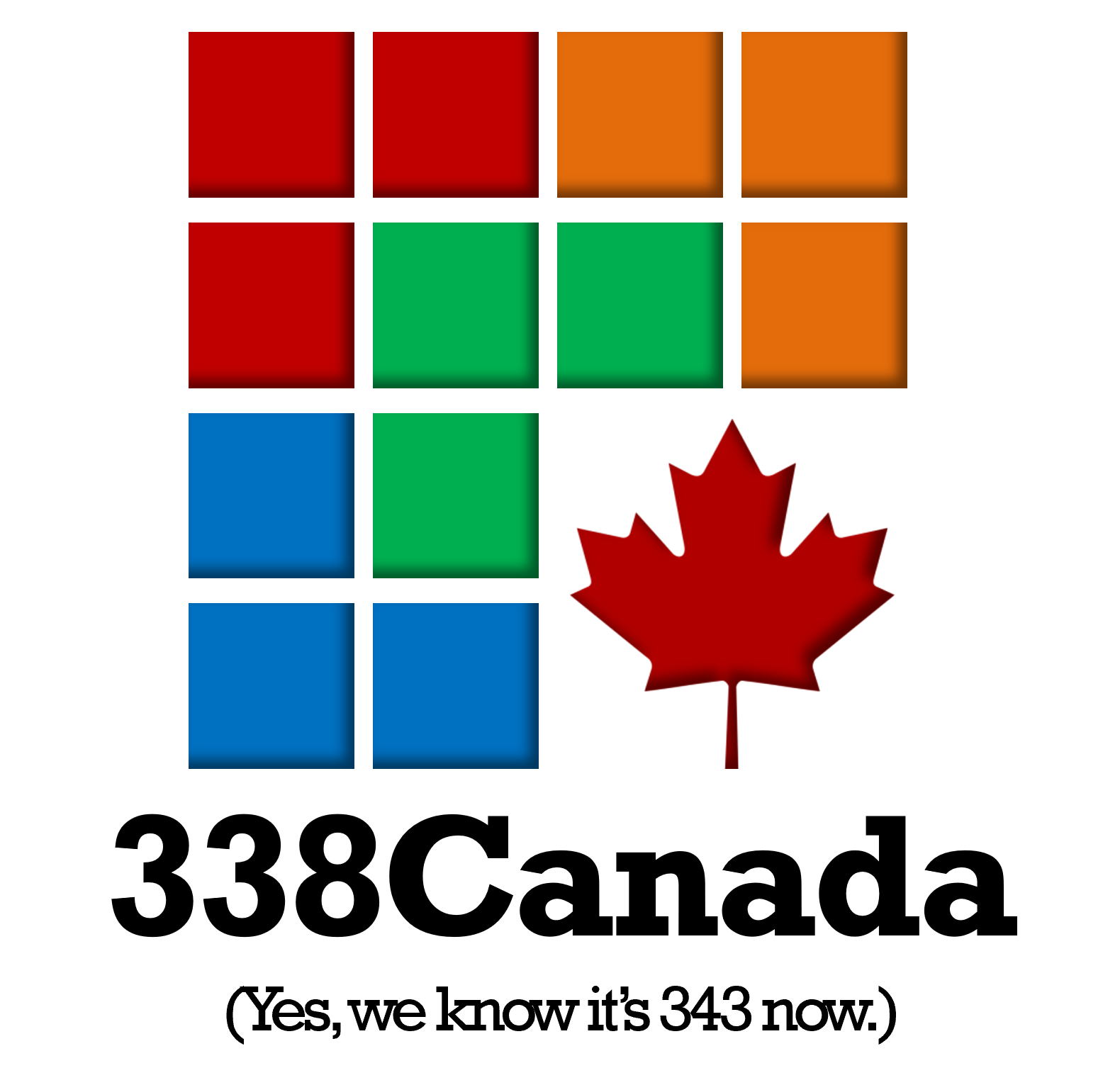A Mark Carney-led government will immediately remove the consumer carbon tax and instead, create a system of incentives to reward Canadians for making greener choices, such as purchasing an energy efficient appliance, electric vehicle, or improved home insulation…but…what if we’ve already done all that (except for purchasing the electric car, which is just beyond our means)???
Prime Minister Mark Carney announced wide-ranging new measures to support Canadian industries most heavily impacted by U.S. tariffs such as agriculture, steel, aluminium and autos as well as reviews of controversial Justin Trudeau-era climate policies on Friday.
This time last year, the Justin Trudeau political deathwatch was just starting, and it seemed possible that Kamala Harris’s politics of joy would sweep
Donald Trump back into history’s big beautiful diaper pail.
But only six months ago, a newly re-elected Mr. Trump was braying that Canada as a nation was a cute idea that existed only in our own little hoser brains. Every time he made another
tariff pronouncement, it was an all-day emergency; the effects on Canada’s economy were unknown, but presumed to be catastrophic.
That national panic would propel
Mark Carney into the Prime Minister’s Office and the Liberals to a wildly unlikely comeback. And the cost-of-living rage rocket Pierre Poilievre had been riding to a 20-point polling lead – everything that election was supposed to be about – sputtered and fell out of the sky.
Mr. Carney was, to an almost comical degree, a man who found his moment. And Mr. Trump was the villain who created the hero. Carney remains prime minister, having only assumed the role in early March following Justin Trudeau's resignation.
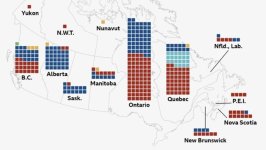
But now, as Parliament nears its first day of school
on Sept 15th nd the Conservative leader,
newly by-elected, finally gets to go toe-to-toe with Mr. Carney in Question Period – it’s become clear that, as often happens on summer holidays, a lot has changed.
This week’s cabinet ‘planning forum’ revealed what Canadians are most worried about as the government gears up for Parliament’s return – and it’s not tariffs anymore

apple.news
Jean-Marc Léger, president and CEO of Leger Marketing, told reporters that U.S. tariffs have fallen out of the No. 1 worry position they’d been occupying in recent months; that issue has slipped to fourth, behind inflation, the cost of living and access to affordable housing on Canadians’ rankings of their most urgent concerns.
“If government fights against tariffs, citizens fight against inflation,” he said. Mr. Léger explained later, in French, that it was “a surprise” to the cabinet to hear that Mr. Trump’s tariffs were less top-of-mind now.
His colleague, Sébastien Dallaire, executive vice-president of Eastern Canada for Leger, framed these reordered priorities like a logical next stage.
“We move from a context of being very afraid of what was coming from Donald Trump, the threats of tariffs, to now we’re kind of past that to ‘What does it mean for me? What does it mean for me as a Canadian to go through all of this?’” he said.
So the crisis that flipped Canadian politics upside down and caused voters to turn en masse to Mr. Carney and his otherwise reviled party in the spring now feels significantly less pressing to people, so now what?
And the affordability issues Mr. Poilievre has been hammering the government with
for the past three years – to the point that he was loudly criticized for missing the real election campaign – are now at the top of the list again, so again, now what?
The election was fought along strange and stark terms. Without the Trump tariff threat, there would probably be no Prime Minister Mark Carney. If affordability and Liberal fatigue had been the operative questions like they were supposed to be, then Mr. Poilievre would be in that office today, sitting astride a fat majority.
But instead, Mr. Carney is there, swept in by one bizarre, loud, dire problem for which he seemed to be the perfect answer to that fear and panic with his “elbows up” and now with his hands full of a bunch of others.
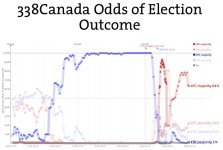
Now we’ve got the Liberals, again in power for their fourth consecutive term, for potentially the next almost four years, again in a minority situation.
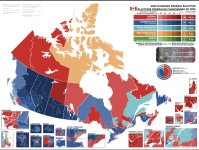
(YouTube & BATRA'S BURNING QUESTIONS: Will Carney's budget deliver for Canadians?)

 apple.news
apple.news

 apple.news
Then you’re forced to pick a lane.
apple.news
Then you’re forced to pick a lane.